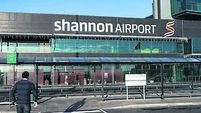Stephen Cadogan: Government reiterates commitments to rural Ireland

Farmers are literally invited to borrow their way out of trouble in the hope of better times ahead.
The loan scheme has swallowed up the €11.1 million made available under the EU’s exceptional adjustment aid for milk and other livestock farmers.










